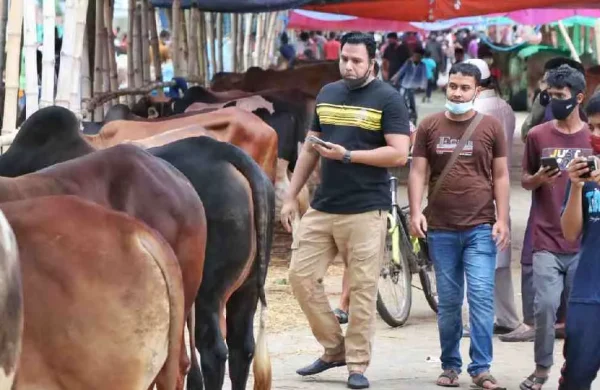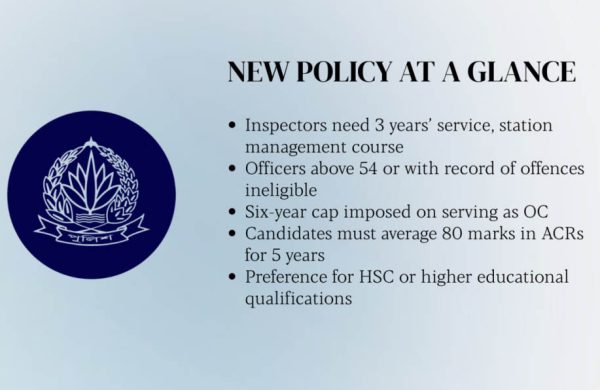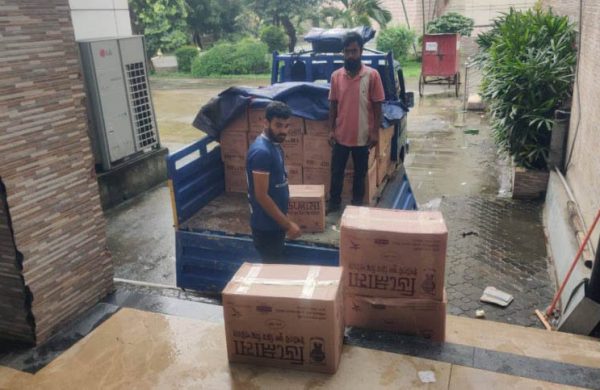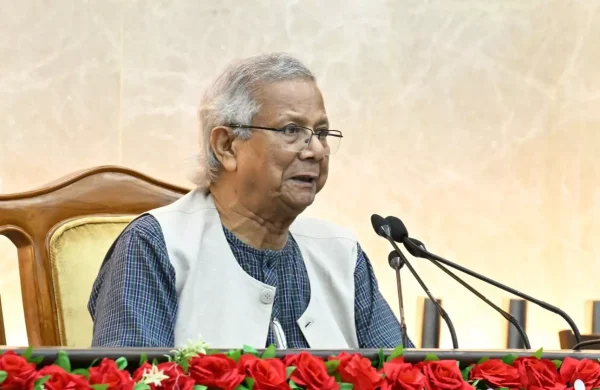Self-Reliance in Sacrificial Animals: Govt urged to sustain livestock gains
- Update Time : Friday, May 23, 2025

UNB:
With Eid-ul-Azha approaching, Bangladesh has announced complete self-sufficiency in sacrificial cattle production, eliminating the need for imports from neighbouring countries, including India and Myanmar.
Fisheries and Livestock Adviser Farida Akhter told reporters on May 4 that over 1.24 crore sacrificial animals will be available for the religious festival this year—more than enough to meet domestic demand, with an estimated surplus of 20 lakh animals.
“There is no need to import sacrificial animals,” she said, attributing the success to sustained efforts by the government and dedication from local farmers.
“We have made great progress in strengthening the livestock sector,” she said.
According to the Department of Livestock Services (DLS), Bangladesh produced more than 9.3 million tonnes of meat in the 2022–23 fiscal year, surpassing the national demand of 7.5 million tonnes.
The push towards self-reliance intensified after India banned cattle exports in 2014.
In response, Bangladeshi farmers expanded domestic production and the government imposed a formal ban on cattle imports from India in 2019.
Since then, the number of cattle farmers has more than doubled.
Officials said educated youths have also entered the sector, adopting modern breeding techniques such as artificial insemination to improve livestock quality and productivity.
DECLINING DEPENDENCE ON IMPORTS
For decades, Bangladesh relied heavily on cattle brought in from India—often through informal channels. From 1975 to 2000, an estimated 2 million animals were smuggled in annually. In 2012, around 2.6 million cattle entered from India, but that figure dropped sharply to just 92,000 by 2019.
The downward trend continued, with only 86,000 kg of cattle imported in 2022, down from 26.6 million kg in 2015.
The government’s Tk 310 million “Beef Cattle Development” project, implemented between 2013 and 2018, further boosted domestic capacity through scientific breeding initiatives.
But, efforts to commercialise Brahma cattle have stalled due to legal hurdles.
Now, the government is considering a permanent ban on cattle imports, citing the risk of transboundary diseases such as foot-and-mouth disease and peste des petits ruminants (PPR).
Officials warn that fresh imports could damage the domestic industry and pose public health risks.
FARMERS OPPOSE IMPORTS AMID PRICE CONCERNS
Despite the production surplus, meat prices remain high—reportedly around Tk 800 per kg in Dhaka markets—prompting some traders and consumers to call for temporary imports to control prices.
Last year, the government even explored the possibility of importing cattle from Brazil, following a proposal by then-State Minister for Commerce Ahasanul Islam Titu during a meeting with Brazil’s Foreign Minister Mauro Vieira.
But, farmers strongly opposed the move, urging the government instead to address rising input costs, particularly for cattle feed, which have been driven up by inflation and foreign exchange rates.
The Bangladesh Dairy Farmers Association (BDFA) has reiterated its stance against imports.
“We have enough livestock,” a BDFA spokesperson said. “What we need is market regulation and support to reduce fodder costs.”
STRICT BORDER CONTROL, LOGISTICS AND HYGIENE MEASURES
Authorities have stepped up border control measures to prevent illegal cattle entry.
Law enforcement agencies, including the Border Guard Bangladesh (BGB), police, and Coast Guard, began coordinated operations along border areas from May 4.
To ensure smooth transportation of sacrificial animals, special livestock trains will operate from the northern districts to Dhaka and Chattogram.
In the capital, 22 cattle markets will be established ahead of Eid—nine under the Dhaka North City Corporation (DNCC), 11 under the Dhaka South City Corporation (DSCC), and two permanent markets at Gabtoli and Sarulia.
The government has also prioritised hygiene and veterinary services.
Nineteen cattle markets in Dhaka will have on-site veterinary teams, while 36,577 butchers—both professional and non-professional—have received training on hygienic slaughtering and skinning.
Authorities are promoting mechanised slaughter and encouraging compliance with the Animal Welfare Act 2019.
Efforts are also underway to ensure efficient waste management during the festival, with city corporations tasked to maintain cleanliness in and around cattle markets.
As the country prepares for Eid-ul-Azha, the shift from import reliance to domestic strength is being hailed by stakeholders as a major achievement—one that reflects years of investment and adaptation by both the government and the people.


















